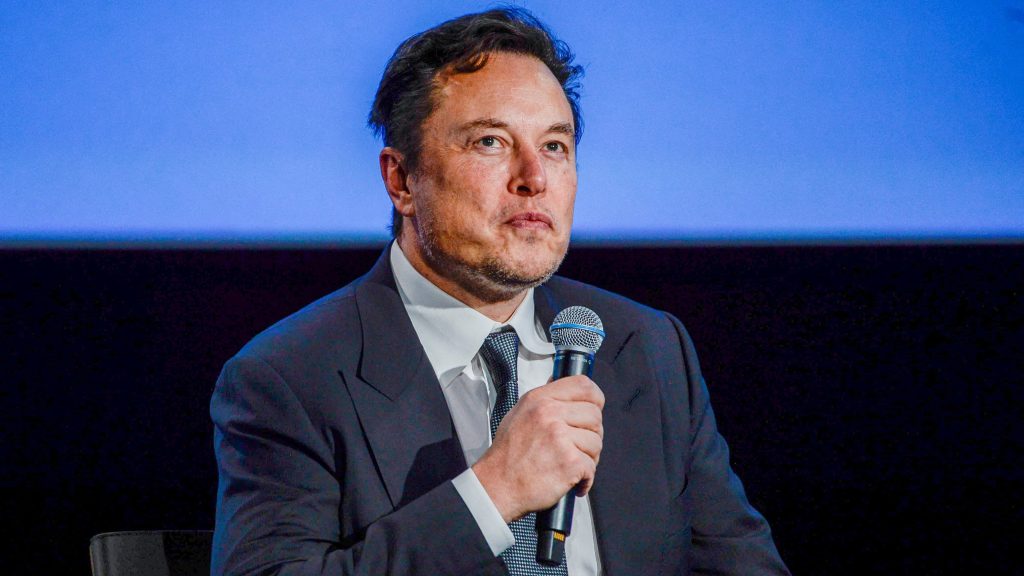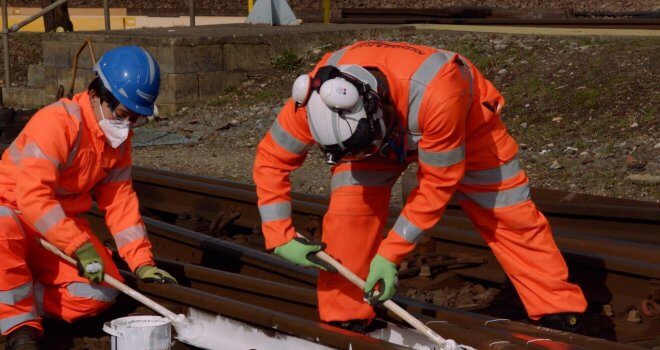Britain Brings Together Political And Tech Leaders To Talk AI

Britain will convene governments, academia and companies working at the cutting edge of artificial intelligence on Wednesday at the inaugural AI Safety Summit to debate how, and even if, the risks of the technology can be contained.
The meeting is the brainchild of Prime Minister Rishi Sunak, who wants to carve out a role for Britain as an intermediary between the economic blocs of the United States, China and the European Union.
The 100-strong guest list includes world leaders, tech executives like Elon Musk and ChatGPT boss Sam Altman, and academics for the event at Bletchley Park, home of Britain’s World War Two code-breakers, on Wednesday and Thursday.
Sceptics have questioned how much influence Britain can wield when the United States, the Group of Seven industrialised nations and the European Union are pushing other initiatives, some of which are advanced.
But the summit, which focuses on highly capable general-purpose models called “frontier AI”, has attracted U.S. Vice President Kamala Harris, European Commission President Ursula von der Leyen, China’s vice tech minister and United Nations’ Secretary-General Antonio Guterres.
Britain’s technology minister Michelle Donelan said “the right people with the right expertise” would be around the table to discuss how to mitigate the risks of AI.
China will be a key participant, given the country’s role in developing AI technology, although some British lawmakers have questioned whether it should have been invited.
The U.S. ambassador to Britain, Jane Hartley, said the AI conversation should be global, but added that the invitation to China had come from London.
“This is the UK invitation, this is not the U.S.,” she told Reuters. “When the UK government was talking to us, we said it’s your summit. So if you want to invite them, invite them”.
Vice President Harris will give a speech in London on Wednesday to set out President Joe Biden’s efforts to set parameters around AI as it makes rapid gains in capability and popularity in an environment of, so far, limited regulation.
Biden signed an executive order on Monday to give the U.S. government greater oversight of AI systems that could pose risks to national security, the economy, public health or safety.
Canada’s minister of innovation, science and industry Francois-Philippe Champagne said AI would not be constrained by national borders, and therefore interoperability between different regulations being put in place was important.
“The risk is that we do too little, rather than too much, given the evolution and speed with which things are going,” he told Reuters.
On the agenda are topics like how AI systems might be used by terrorists to build bioweapons and the technology’s potential to outsmart humans and wreak havoc on the world.
(Reporting by Paul Sandle and Martin CoulterEditing by Mark Potter)




